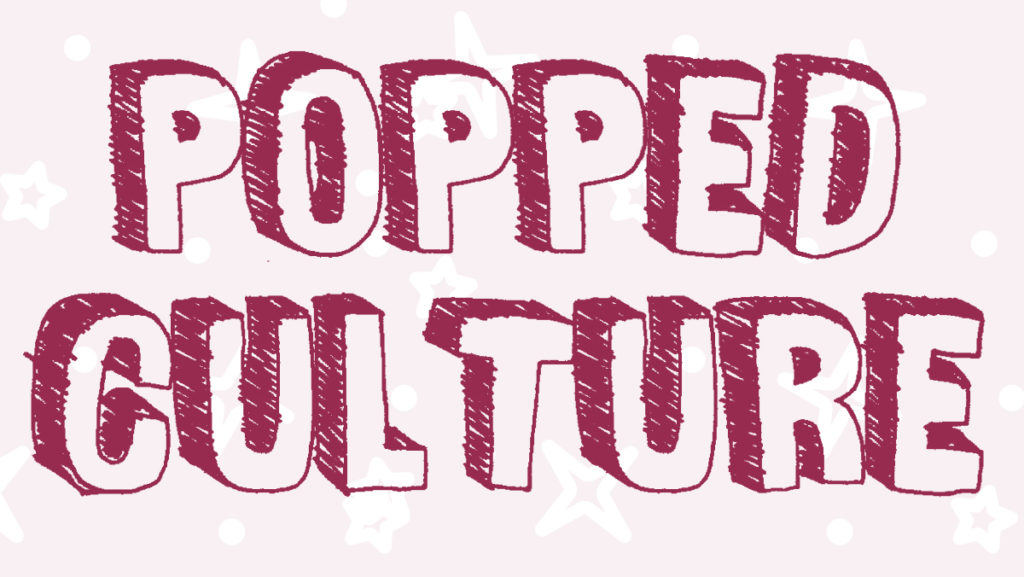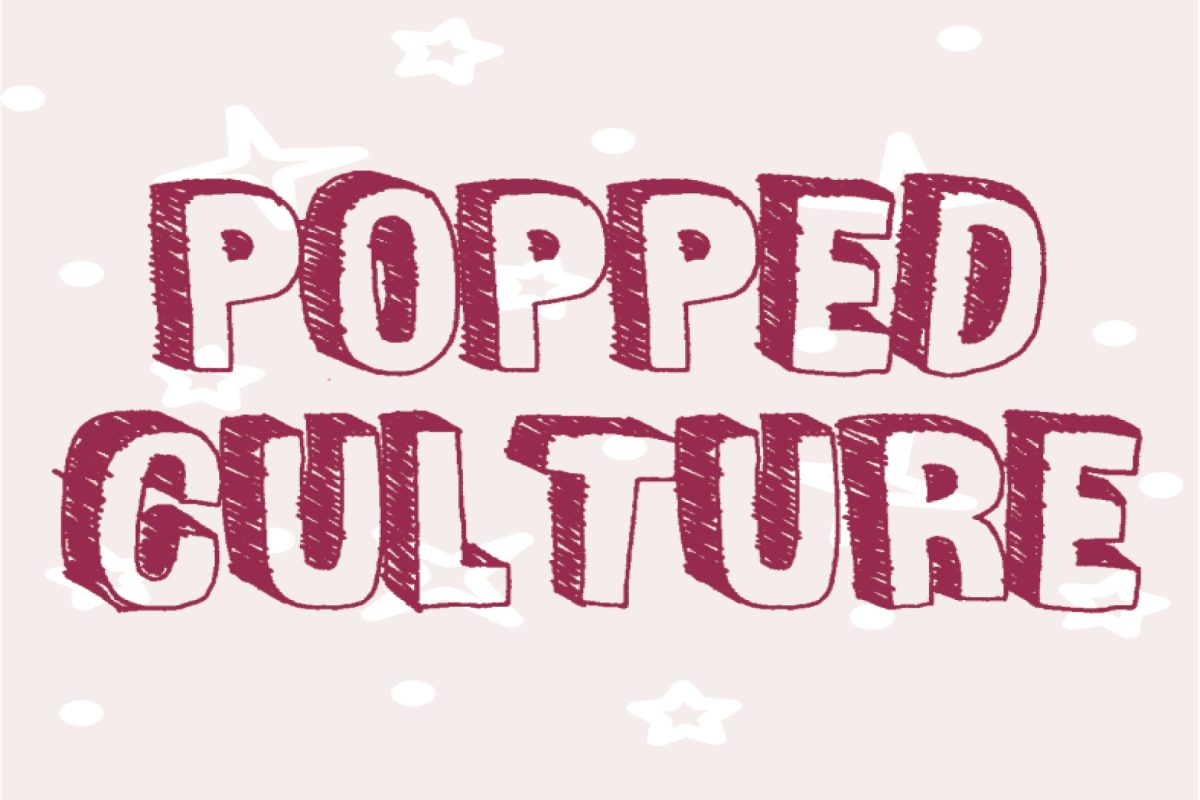Since Disney+ released its Marvel miniseries “The Falcon and the Winter Soldier,” there has been a newly sparked interest in Black superheroes among the Marvel Cinematic Universe (MCU) fan base. While this increased mainstream recognition is wonderful, we can’t overlook the history of Black heroes in Marvel.
Although mainstream attention for Black superheroes is fairly new, they have always existed. Also, as I’ve written about before, there have always been Black comic fans. It’s time to recognize the rich history of Black people in Marvel comic books. After all, Black heroes didn’t just start being important because the MCU said so.
Despite the history of Black superheroes in Marvel’s comic book canon, there has been an extreme lack of representation for them on the whole. The MCU has been around for 13 years, and I can count the Black superheroes we’ve seen with fewer than 10 fingers.
The Black Panther was introduced in a 1966 issue of The Fantastic Four and was the first ever Black superhero to pop up in American comic books. The Black Panther was followed by others as the years went by. Some of the other Black heroes include my favorite, X-Man Bishop, introduced in 1991, and Iron Man’s ward Riri Williams, who was introduced in 2016.
Marvel’s timing for the release of The Black Panther character is of great importance, because he was introduced to the comics around the same time that the Black Panther Party was founded. No matter how you slice it, Black Panther’s existence feels like an act of defiance on the part of Marvel — he was a way for comic book creators to address the rapidly changing social environment of the 1960s and to bring about change through art.
Additionally, outside of “Black Panther,” Black characters in the MCU have frequently taken on the role of sidekick for their white counterparts. Although I love Rhodey (Don Cheadle), he is a glaring example of the Black sidekick trope. Ever since Rhodey became War Machine in “Iron Man 2,” he has lived almost entirely in Tony Stark’s shadow. Even after Iron Man’s fatal self-sacrifice in “Avengers: Endgame,” Rhodey hasn’t gotten much of a chance to shine on his own.
This too seemed to be the tragic fate of Sam, aka The Falcon (Anthony Mackie) — a Black superhero, completely capable of breaking out on his own, but forever cursed to play second fiddle to a white man. But the release of “The Falcon and the Winter Soldier” has flipped that narrative.
Even though Sam has a whole series of comics in which he is Captain America, I was expecting the MCU to ignore that storyline entirely. The Falcon taking up the Captain America mantle in the comics was met with misunderstanding and race-based resistance, so when Steve Rogers (Chris Evans) handed his shield over to Sam at the end of “Avengers: Endgame,” I was shocked.
Not only does this new show give The Falcon his wings as a full-fledged hero and not just Captain America’s Black bestie, it also deals with race and racial politics in a shockingly forward way. I’m wary to say that “The Falcon and The Winter Soldier” is revolutionary because it is dangerous to rely entirely on multibillion–dollar franchises to provide us with representation. However, there is no denying that, like with The Black Panther in 1966, this show is an attempt by Marvel to actually make a statement.
With the recent global recognition of the Black Lives Matter movement and widespread attention toward racial reform, “The Falcon and The Winter Soldier” is the show that people have been waiting for. The fight for racial justice in this country has been long, and it continues to go on to this day. That fight could potentially be made easier if more media would just recognize us. The MCU is valued at over $22 billion, making it the most successful movie franchise of all time. Billions of people worldwide are invested in the stories, so Marvel has the influence and potential to bring more attention to real racial inequalities. It just needs to keep doing more of this.
The show doesn’t dance around history. It embraces all of the ugly parts of this country. Sam isn’t Captain America because he loves America the way it is. He took up the mantle because he has faith that America can change. As he said in the final episode, “I’m still here. No super serum, no blond hair or blue eyes. The only power I have is that I believe we can do better.”





